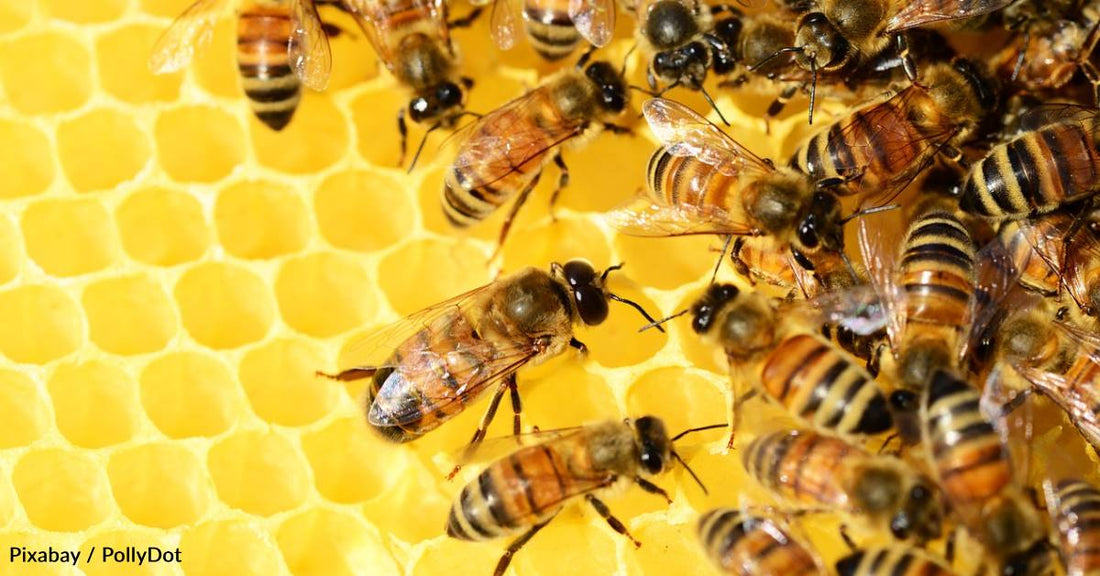Manuka Honey Could Be a New Treatment Option for Hormone-Sensitive Breast Cancers
Michelle Milliken
Manuka honey, made by bees in Australia and New Zealand that pollinate flowers on the manuka bush, is a natural compound with several health benefits. Research has shown that it has antioxidant, anti-inflammatory, and antibacterial properties, and it’s also been used to treat wounds and reduce plaque buildup on teeth. Now, new research indicates that it may help treat certain types of breast cancer.
A team from UCLA Health Jonsson Comprehensive Cancer Center recently investigated whether manuka honey’s mechanisms could make it a natural option for breast cancer treatment. When testing its effectiveness against certain breast cancer cells, they found it helped fight back against estrogen receptor-positive MCF-7 cells, though not so much against triple-negative MDA-MB-231 cells. This suggests that it may be a good treatment option for hormone sensitive breast cancers.

To conduct their study, published in the journal Nutrients, the researchers tested different manuka honey dosages on mice with estrogen receptor-positive breast cancer. They found that it reduced the growth of MCF-7 tumors in mice by 84% while sparing healthy breast cells, which suggests it may target cancer cells specifically. When paired with the estrogen blocker tamoxifen, often prescribed to breast cancer patients, the treatment impact was increased.
The study also found that higher concentrations of manuka honey led to more reduction in cancer cell growth, it appeared to reduce levels of signaling pathways involved in tumor cell growth and spread, and it helped induce a process that causes breast cancer cells to die.
The study authors write, “Our findings confirm that [manuka honey] has potent anticancer properties through different mechanisms. MH’s unique composition, including phenolic compounds and methylglyoxal, has been reported to have antioxidant, antiseptic, and anticancer properties.”

With chemotherapy causing frustrating side effects like fatigue, hair loss, anemia, digestive issues, nerve damage, and brain fog, there is hope that other less harsh forms of treatment may be uncovered. More research is needed, but the team says their findings show that manuka honey could ultimately be a more natural alternative, particularly for patients who have resistance to traditional treatment. At the very least, it could possibly provide supplemental treatment.
Dr. Diana Marquez-Garban, first author and associate professor of medicine at the David Geffen School of Medicine at UCLA, says, “The findings provide hope for development of a natural, less toxic alternative to traditional chemotherapy. Although more research is necessary to fully understand the benefits of natural compounds in cancer therapy, this study establishes a strong foundation for further exploration in this area.”

You can read the whole study here.

